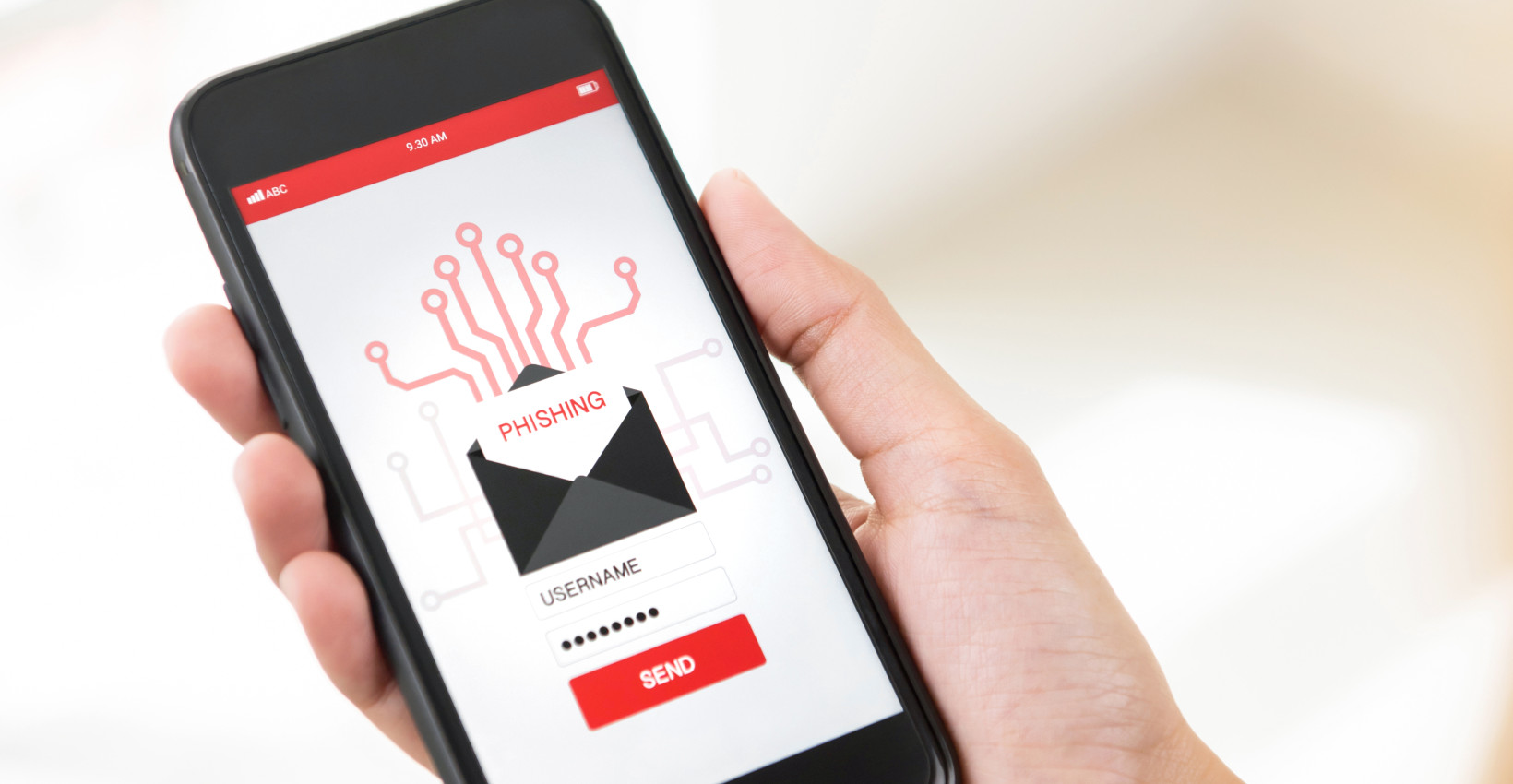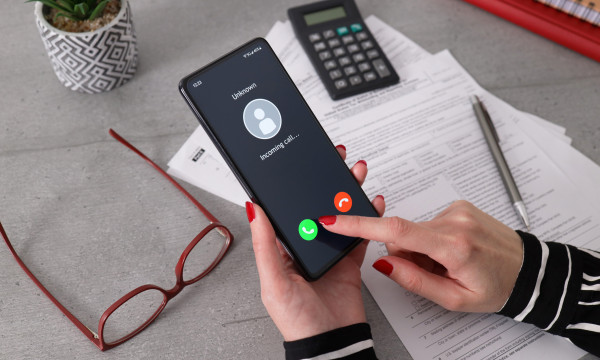What to know about information fraud

It’s an unfortunate truth — fraudsters are everywhere, and they’re constantly changing their approaches trying to obtain sensitive information. It’s important to learn how to identify potential fraudulent situations and how to react.
UBT has put together some resources, best practices, and FAQs to help you protect your information.
Financial scams aimed at everyday people
Tech support scam: You receive a computer pop-up, phone call, email, or text from a fraudster claiming to work for an antivirus company, Amazon, Geek Squad, or similar company, telling you that there is an issue with your account or computer. They take control of your computer and online banking, and instead of helping you, they make it look like they accidentally deposited money to your account and demand you send it back to them immediately. The trick is they didn’t deposit anything and are hoping you will send your own money before realizing it’s a scam.
Imposter scam: You receive a phone call from the IRS, sheriff’s office, or local utility company asking you to send money right away to avoid further penalty as you may be in trouble with the law or behind on your bills. Perhaps the scammers have even spoofed the phone number to make it look legitimate. Don’t fall for it; simply hang up and contact that agency to verify legitimacy.
Lottery and advanced fee scams: Be cautious if you’re contacted via email, phone, or mail and told you’ve won the lottery, a Publisher’s Clearing House prize, or are receiving an unexpected inheritance. The fraudster asks you to pay taxes or legal fees in order to claim your funds. Once you send money, they won’t stop asking for more, and you never receive what you’ve been promised.
Relationship scams: While plenty of successful relationships begin online, scammers also use fake profiles on online dating sites, apps, chat rooms, and social media to trick you into sending them money in the name of love. These scammers want to rush you, so slow down and talk only to people you trust. Never send money to an online love interest you’ve never met in person — you may never get it back.
Money mule fraud: In this scam, you’re treated as the “middle person.” The fraudster tells you they will deposit money to your account by sending you a check or making a mobile deposit on your behalf using your own online banking credentials. After the deposit, you’re asked to send the money somewhere else via wire, check, gift cards, or person-to-person platforms like Zelle® and Cash App. Once you’ve sent the funds, the deposit to your account bounces and you’re on the hook for the difference.
Grandparent scam: Someone claiming to be your child, grandchild, or other relative contacts you in a panic requesting money ASAP. Before you act, stop and think it over! Is this person really who they say they are? Can they verify their date of birth, where they live or work, or where they attended college? Is there someone else you could call to verify the request? Why are they asking you to send money in this way? Don’t buy the scammer’s story outright; simply hang up and contact family or your local police with your concerns.
Mortgage closing scam: A scammer posing as a real estate agent, title company, escrow officer, or attorney sends an email asking you to send closing funds or your down payment to another person or agency as part of the closing process. Always verify these requests either face to face or over the phone using a trusted phone number before sending money anywhere.
This is just a small sample of scams. There are many other types of fraud, including wire fraud, that aren’t listed here. Remember that sending money through wires, gift cards, Zelle®, Venmo, etc., is just like handing someone cash, so be 100% comfortable with who you’re sending funds to and why. In most fraud cases, funds can’t be recovered once sent.
Recognizing scam red flags: Questions to ask yourself
- Has someone asked you to start using a product or service you wouldn’t normally use, such as online banking, gift cards, Zelle®, Venmo/Cash App, or cryptocurrency ATMs and exchanges?
- Did you receive an unexpected call, email, or text from someone asking for your personal or account information?
- Is someone you don’t personally know asking you to withdraw or send money?
- What research have you done to be sure the person contacting you really is who they’re claiming to be? Have you called the employer they claim to work for to verify their employment using a phone number you are certain is the real number?
- Is someone pressuring you to act quickly to fix a problem or threatening law enforcement action?
- Is someone promising to give you a large amount of money or a prize that seems too good to be true?
- Is someone calling you on the phone and asking you to stay on the line with them while you conduct a transaction they asked you to make?
- Is someone telling you how to answer the bank’s questions about a transaction? Are they asking you to be dishonest?
Scam prevention tips
1. Never give your personal or financial information to someone unless you have initiated the contact and have verified who you’re communicating with.
2. Don’t allow someone else to conduct activity through your account. For example, never provide your debit card number, PIN, multifactor authentication codes, or online banking credentials to anyone else to conduct transactions.
3. Never send money (cash, check, wire, gift cards, Venmo, Zelle®, Cash App, or cryptocurrency) to someone who asks you to accept a deposit for them and then send money back.
4. If you’re unsure about something, talk to someone you trust before acting, such as family, friends, your local bank branch, the local police department, or your state’s Attorney General’s office.
5. Know that there are certain things that banks simply won’t ask you. Check out this amazing tips site from our friends at the American Banking Association — if you spot their examples in your messages or inbox, chances are it’s a fraudster.
Learning Center articles, guides, blogs, podcasts, and videos are for informational purposes only and are not an advertisement for a product or service. The accuracy and completeness is not guaranteed and does not constitute legal or tax advice. Please consult with your own tax, legal, and financial advisors.
Zelle and the Zelle related marks are wholly owned by Early Warning Services, LLC and are used herein under license.



